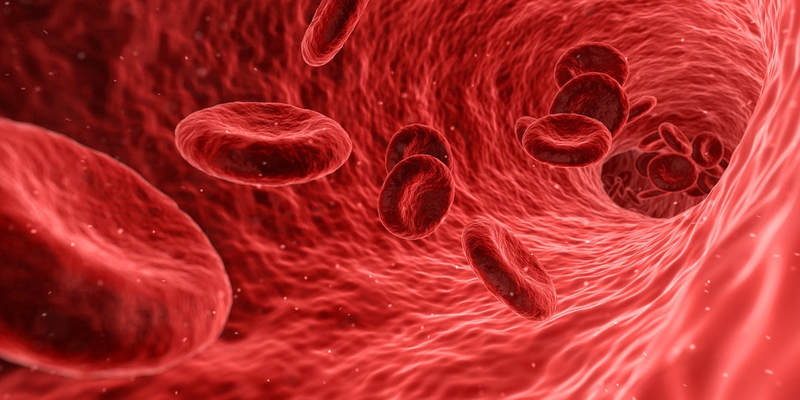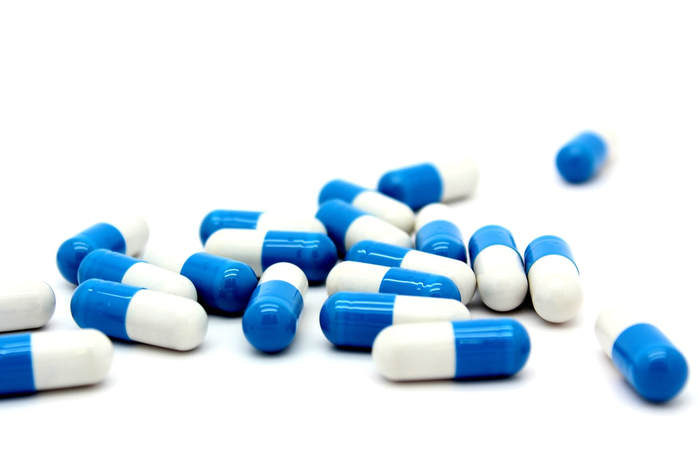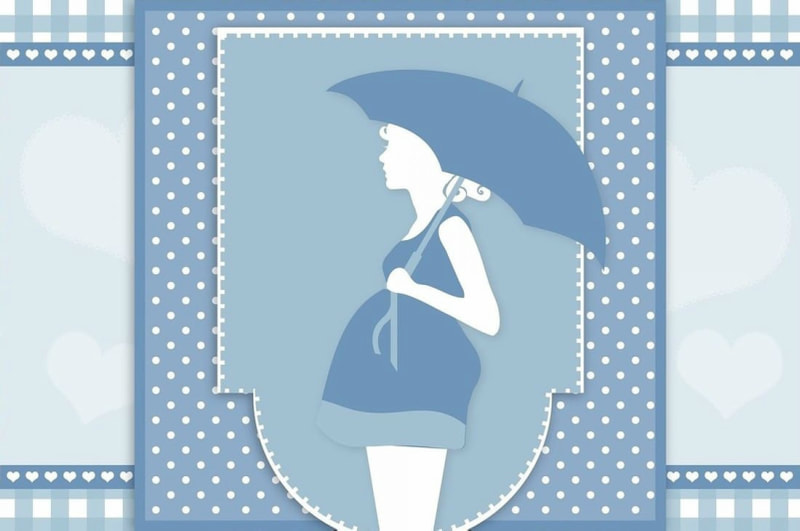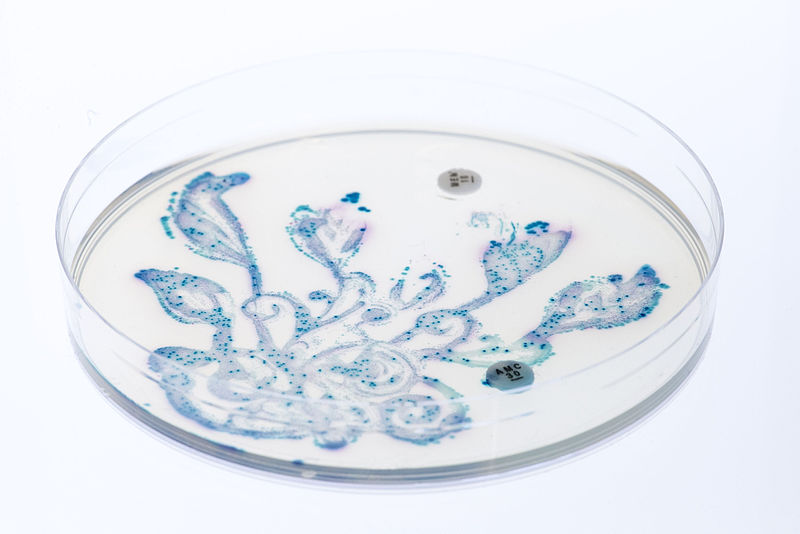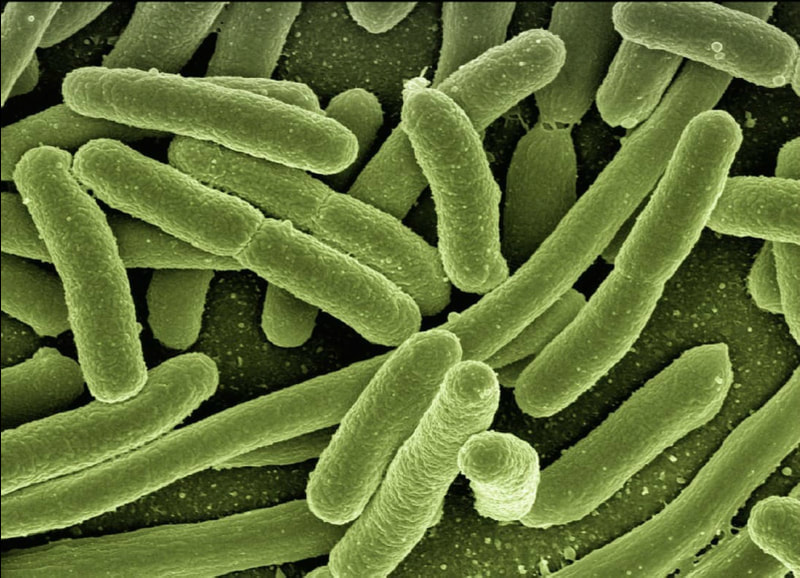Importance of Iron Supplements to Prevent Anemia
Anemia affects one-third of all non-pregnant women in the world. It is a condition that occurs when there are fewer red blood cells in the body than normal. These red blood cells are found in the bloodstream and are an important component of blood because of their ability to produce hemoglobin. Hemoglobin is a protein that helps carry oxygen from the lungs to the rest of the body. The lack of red blood cells may result in poor oxygen circulation throughout the cardiovascular system. This prevents the body from producing enough energy to sustain its basic functions. As a result, someone affected with anemia may be weak, dizzy, or prone to headaches. Severe anemia has even more drastic effects and may lead to permanent damage of the heart, brain, and other organs.
Iron is an important mineral responsible for making hemoglobin. Consequently, a major cause of anemia is iron deficiency. The iron in the body is obtained through the regular consumption of iron-rich foods such as fish, chicken, turkey, and green vegetables. A lack of proper diversity in the foods the body consumes may lead to an iron deficiency. Since most of the iron in the body can be found in the blood, menstruating women and girls are at high risk for an iron deficiency and anemia. That is why daily iron supplementation is recommended for menstruating women and girls to prevent anemia. Researchers at the World Health Organization aimed to gather more information on how effective daily iron supplements are at preventing iron deficiencies.
Iron is an important mineral responsible for making hemoglobin. Consequently, a major cause of anemia is iron deficiency. The iron in the body is obtained through the regular consumption of iron-rich foods such as fish, chicken, turkey, and green vegetables. A lack of proper diversity in the foods the body consumes may lead to an iron deficiency. Since most of the iron in the body can be found in the blood, menstruating women and girls are at high risk for an iron deficiency and anemia. That is why daily iron supplementation is recommended for menstruating women and girls to prevent anemia. Researchers at the World Health Organization aimed to gather more information on how effective daily iron supplements are at preventing iron deficiencies.
Image Source: ranys
Their review looked at over 7,000 menstruating adult women and adolescent girls in 24 different countries. Subgroups were given different doses of daily iron supplements and were compared to control groups that were given placebo. Based on their review, they confirmed that daily oral iron supplementation is indeed an effective preventative strategy to decrease the risk of both anemia and iron deficiencies among menstruating women and adolescent girls. As a result, they recommended that a daily iron supplementation of 30-60 milligrams of elemental iron should be the standard intervention technique when preventing anemia among menstruating women and girls. However, they also noted that these iron supplements always comes second to maintaining diet diversity and proper nutrition.
Since researchers could confirm the importance of daily iron supplementation for those at risk of iron deficiencies, it is time to consider a strategy for world-wide access to iron supplements. Countries that are at a higher risk of anemia are typically poorer and follow an unbalanced diet. Providing for these at-risk countries is extremely important to improve global health around the world and locally.
Since researchers could confirm the importance of daily iron supplementation for those at risk of iron deficiencies, it is time to consider a strategy for world-wide access to iron supplements. Countries that are at a higher risk of anemia are typically poorer and follow an unbalanced diet. Providing for these at-risk countries is extremely important to improve global health around the world and locally.
Featured Image Source: qimono
RELATED ARTICLES
|
Vertical Divider
|
Vertical Divider
|
Vertical Divider
|

